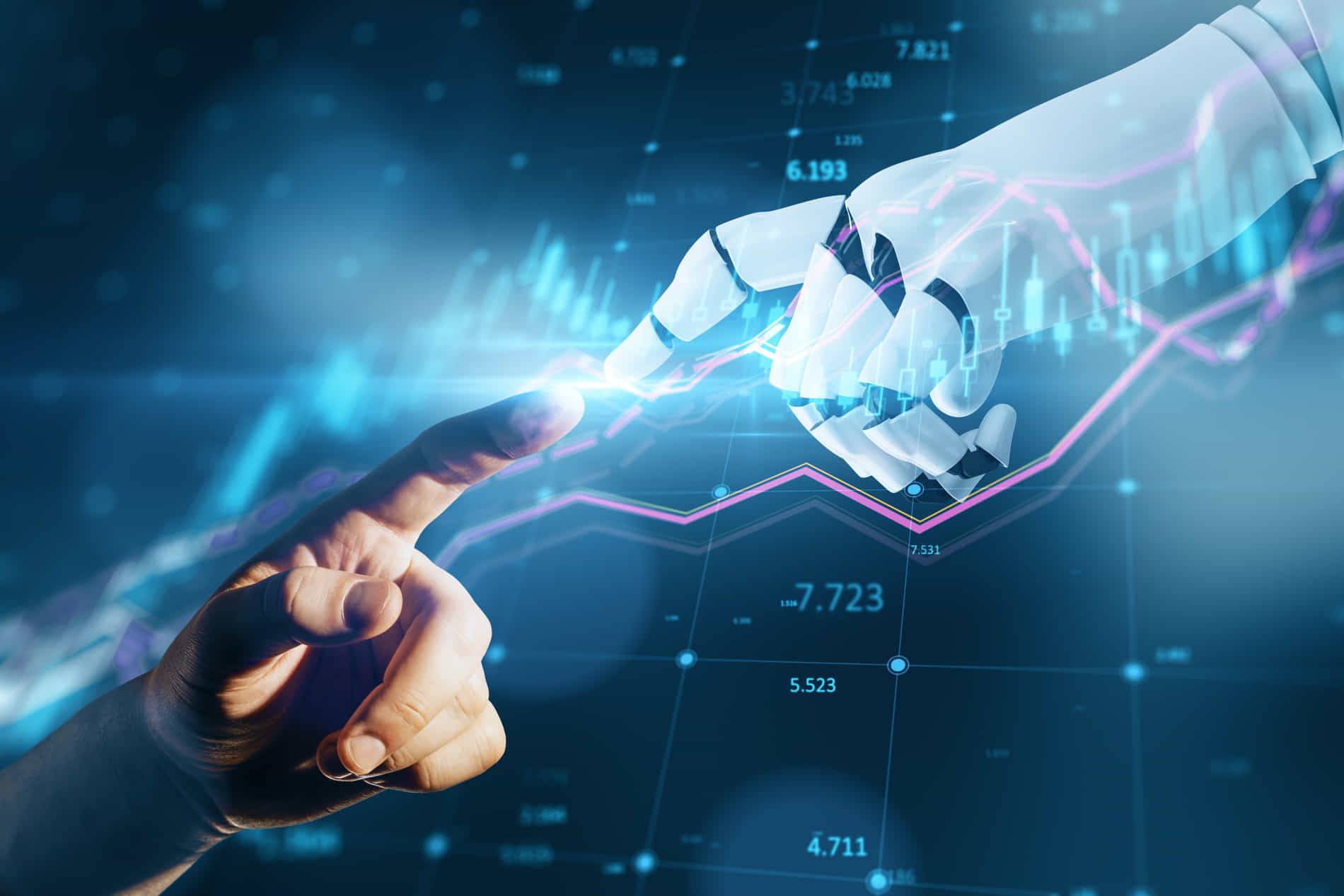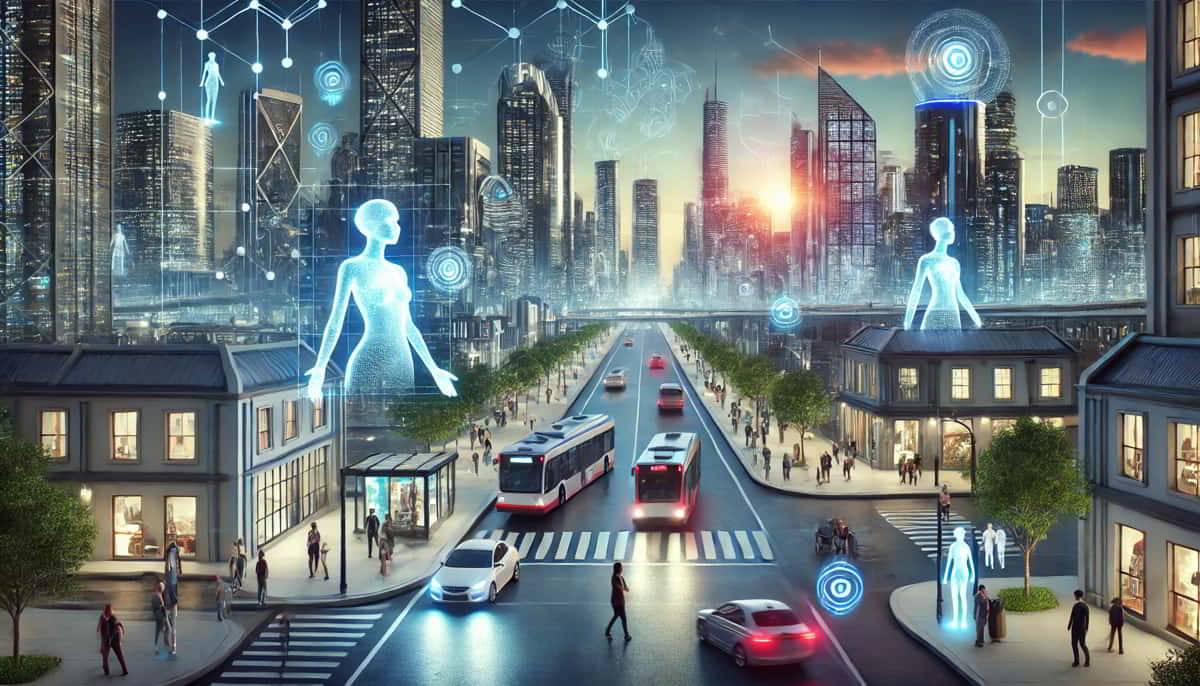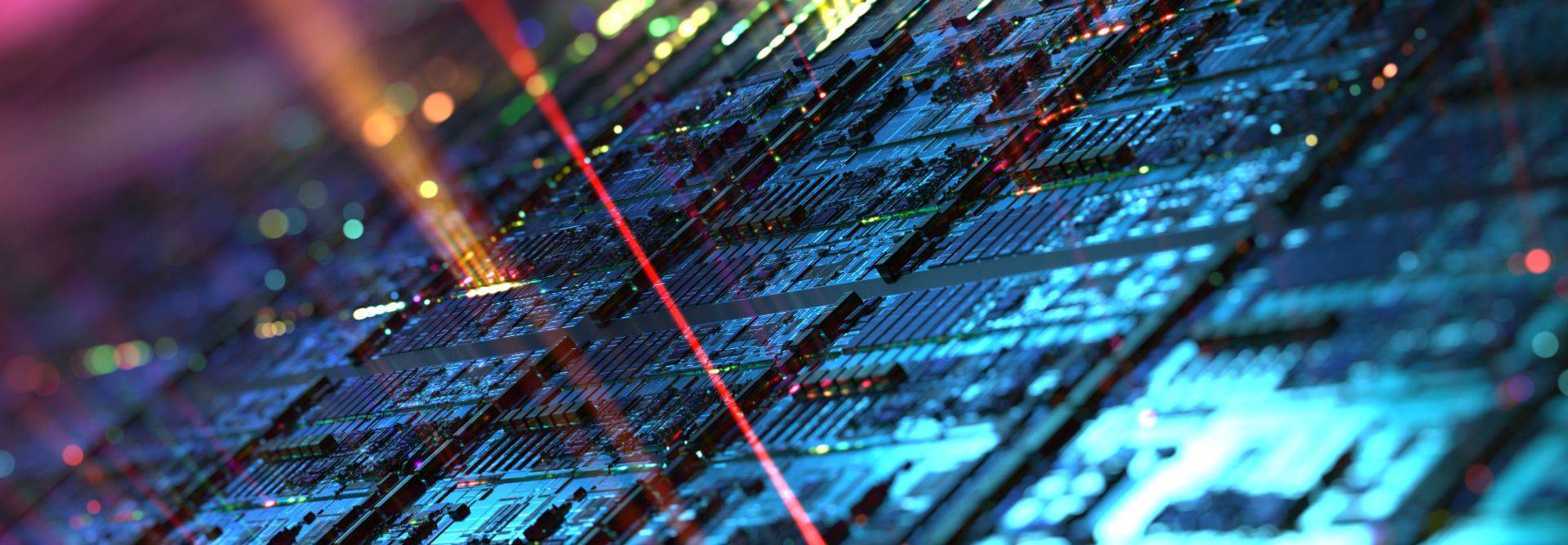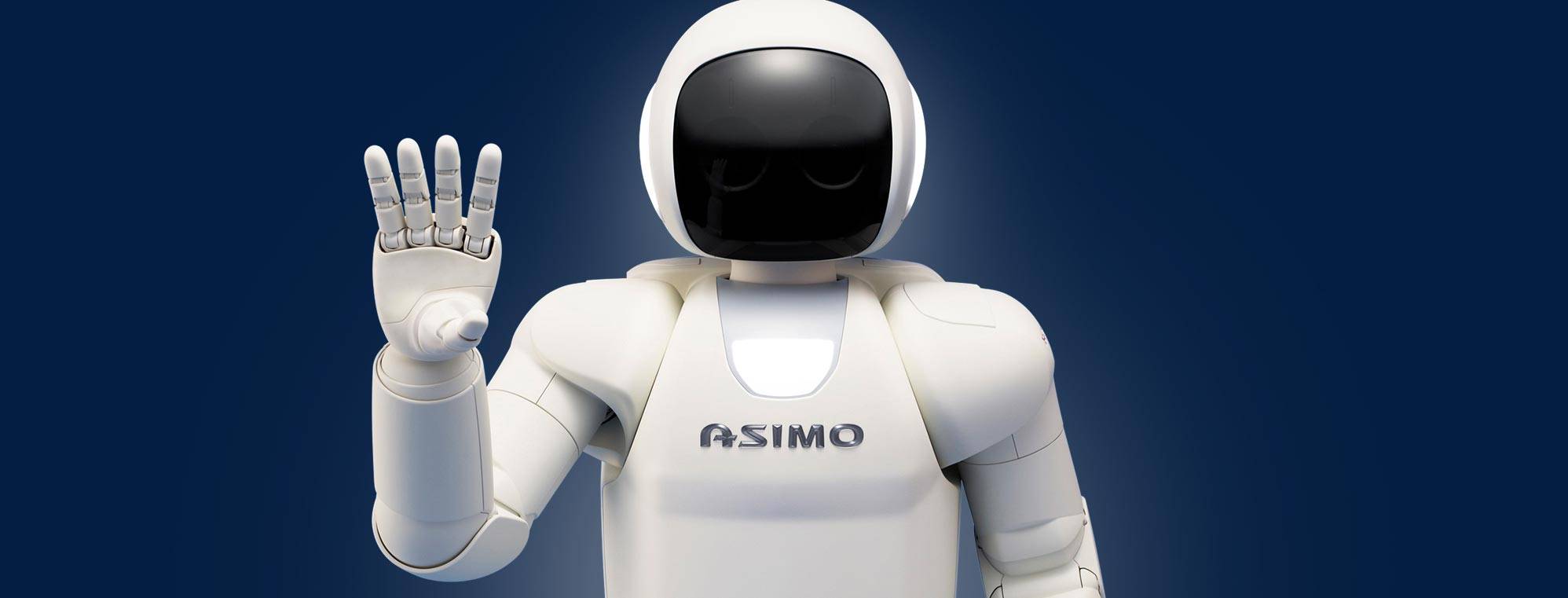How far can artificial intelligence go?
Artificial Intelligence (AI) is no longer just a trend but has become a real technological revolution that is positively affecting more and more sectors, and yet we have only witnessed a small part of its potential so far!
The possibilities offered by this technology seem limitless, but how far can Artificial Intelligence go? Can we really expect everything that is said about it? Let's shed some light on it!
AI: How far can it go?
Artificial Intelligence has everything it takes to redefine virtually every aspect of our daily and professional lives.
For example, in the field of medicine, AI can already prevent serious diseases at an early stage, and it is expected that it will soon be able to design personalised medicines, adapted to the needs of each patient, which will make treatments much more effective.
Furthermore, this technology is expected to play a key role in the fight against climate change, as it can improve the management of resource use and develop innovative solutions to minimise its impact.
It is also already being used to improve the quality and health of plantations, manage livestock farms, optimise transport routes and a host of other tasks that not only make our lives easier, but also more efficient and cost-effective.
Origins of Artificial Intelligence
Although the term<<Artificial Intelligence>>was officially coined in 1956, its roots go back decades earlier.
In 1950, the mathematician Alan Turing wondered whether machines could think, laying the theoretical foundations for the development of AI. From there, research in this field expanded, exploring everything from the creation of neural networks to algorithms capable of learning and adapting.
With the advance of technology and the increase in data processing capacity, AI has evolved exponentially until today, when no one is able to put a ceiling on it.
Major milestones in Artificial Intelligence
To understand the evolution of Artificial Intelligence (AI), it is essential to know some of its most important achievements.
Deep Blue
This supercomputer developed by IBM was designed for the sole purpose of playing chess, and in 1997 it made history by beating world champion Garry Kasparov in a six-game match.
This demonstrated the ability of machines to perform complex calculations in real time and analyse a large number of moves in advance, marking a milestone in the world of AI.
AlphaGo
AlphaGo is an AI program created by DeepMind that was designed to play the board game Go, a kind of Asian checkers game popular for its complexity and the wide range of moves it allows.
In 2016, this AI software beat world champion Lee Sedol, achieving a feat that was thought to be far more distant than the myth of Deep Blue. Unlike IBM's ingenuity, AlphaGo used deep neural networks and reinforced learning, allowing it to learn and adapt to human strategies.
AlphaFold and protein structures
This other AI software, also from DeepMind, was conceived to address the challenge of predicting the three-dimensional structure of proteins from their amino acid sequence, and in 2020, the year of the COVID-19 pandemic, it achieved unprecedented accuracy in solving a biological problem that had been unsolved for decades.
This breakthrough not only makes it easier to understand a multitude of diseases, but also to develop new drugs to successfully combat them.
OpenAI o3 and the ARC-AGI benchmark
OpenAI, known as the developer of ChatGPT, presented in December 2024 its o3 model, designed to improve the logical reasoning skills of AI.
This model achieved a score of 75.7% in the Semi-Private evaluation set of the ARC-AGI benchmark, which measures an AI's ability to solve novel tasks that require abstract reasoning.
The future of Artificial Intelligence
AI is destined to continue to transform different aspects of our lives over the coming decades. Some of the key predictions are:
- Major advances in areas such as healthcare, where AI will facilitate more accurate diagnoses and personalised treatments.
- In the workplace, AI-driven automation will further improve processes, leading to increased efficiency and productivity.
- In addition, AI will play a crucial role in the fight against climate change, developing innovative solutions to reduce its terrible impact.
But these developments will not only improve our quality of life, they will also pose some ethical and social challenges that we should be prepared for!
New AI-related professions
The development of this cutting-edge technology is generating a growing demand for new professional profiles related to Artificial Intelligence, including some of the following:
- Artificial Intelligence Engineer: In charge of designing and developing systems capable of solving problems autonomously.
- Data Scientist: Analyses large volumes of data in order to extract valuable information to refine business decision-making.
- Machine Learning Specialist: Creates and optimises algorithms that allow machines to learn from data without the need for human interaction.
- Annotation Analyst: Transcribes and labels data to train AI models.
Taking a Master's degree in Artificial Intelligence like the one we teach at UDIT will provide you with the knowledge and skills you need to access both these opportunities and all those that are yet to arise. Don't wait any longer to get trained and start standing out in a sector that is already one of the main drivers of our world!









